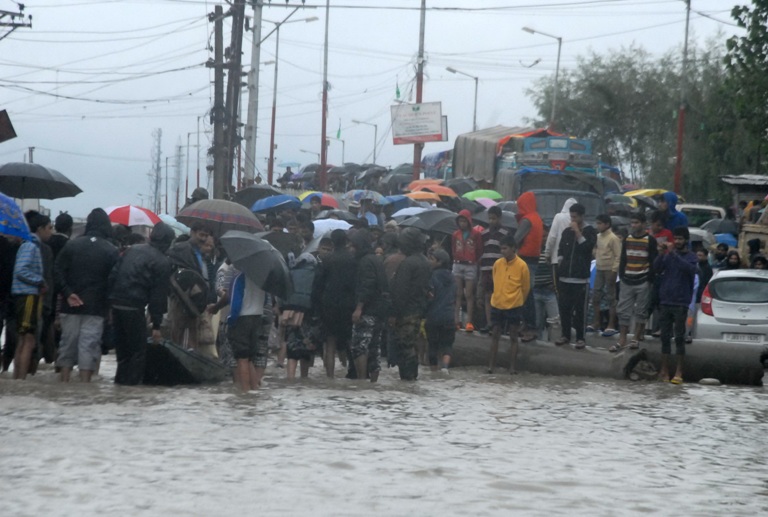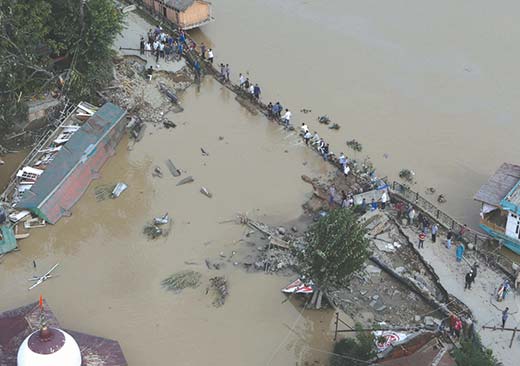SRINAGAR: In a significant legislative development, the Lok Sabha Wednesday approved two bills amending key laws in Jammu and Kashmir.
The bills, namely the Jammu and Kashmir Reservation (Amendment) Bill, 2023, and the Jammu and Kashmir Reorganisation (Amendment) Bill, 2023, had been presented in the Parliament in July this year.
The Jammu and Kashmir Reservation (Amendment) Bill, 2023, modifies the Jammu and Kashmir Reservation Act, 2004, governing job and education reservations for scheduled castes, scheduled tribes, and socially and educationally backward classes.
Notable changes include replacing “weak and under-privileged classes” with “other backward classes” as declared by the Union Territory of Jammu and Kashmir. The bill removes the original definition of weak and under-privileged classes.
Conversely, the Jammu and Kashmir Reorganisation (Amendment) Bill, 2023, amends the Jammu and Kashmir Reorganisation Act, 2019, which facilitated the reorganisation of the erstwhile state into the union territories of Jammu and Kashmir and Ladakh. The bill suggests increasing the total seats in the Jammu and Kashmir legislative assembly from 83 to 90, with seven reserved for scheduled caste members and nine for scheduled tribe legislators.
Noteworthy provisions include empowering the lieutenant governor to nominate up to two members from the Kashmiri migrant community to the legislative assembly, including one woman. Moreover, a member representing displaced persons from Pakistan-occupied Jammu and Kashmir may also be nominated.
The term “Kashmiri Migrants” pertains to individuals who migrated from the Kashmir Valley or any other part of the state of Jammu and Kashmir after November 1, 1989, and are registered with the Relief Commissioner.
During the second day of the parliamentary debate, Union Home Minister Amit Shah reportedly asserted that the ‘naya Kashmir’—ushered in through the Jammu and Kashmir Reservation (Amendment) Bill, 2023, and the Jammu and Kashmir Reorganisation (Amendment) Bill, 2023—will ensure justice to those deprived of their rights for the last 70 years.
In Tuesday’s discussion, several opposition members opposed the bill’s passage, citing the pending Supreme Court judgment on the validity of the J&K Reorganisation Act 2019 and the abrogation of Article 370. They also questioned the absence of elections in J&K for four years since the abrogation of the region’s special status.















